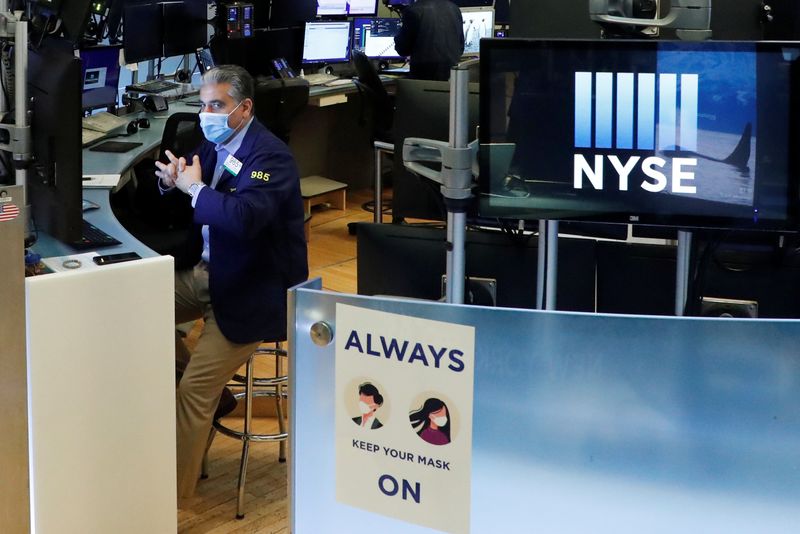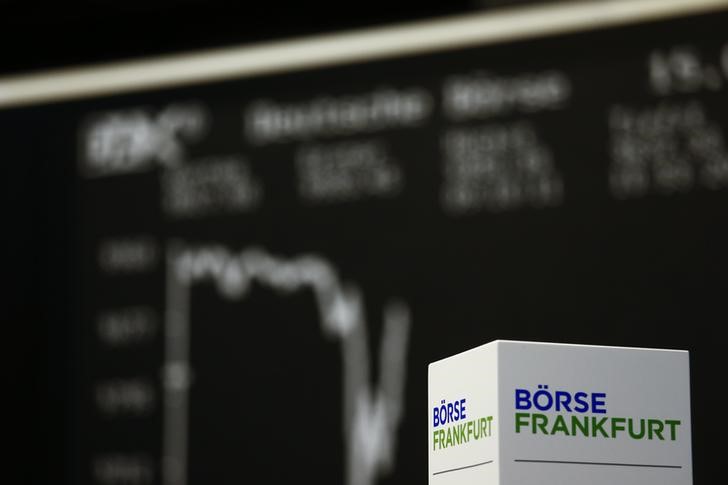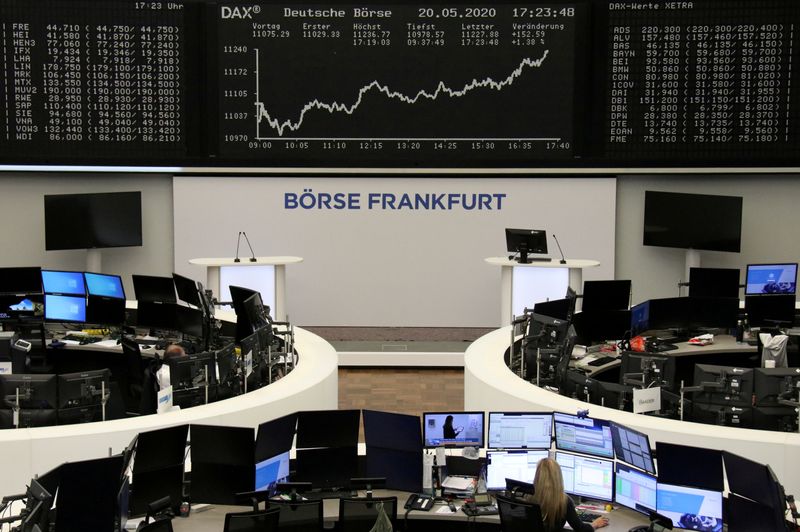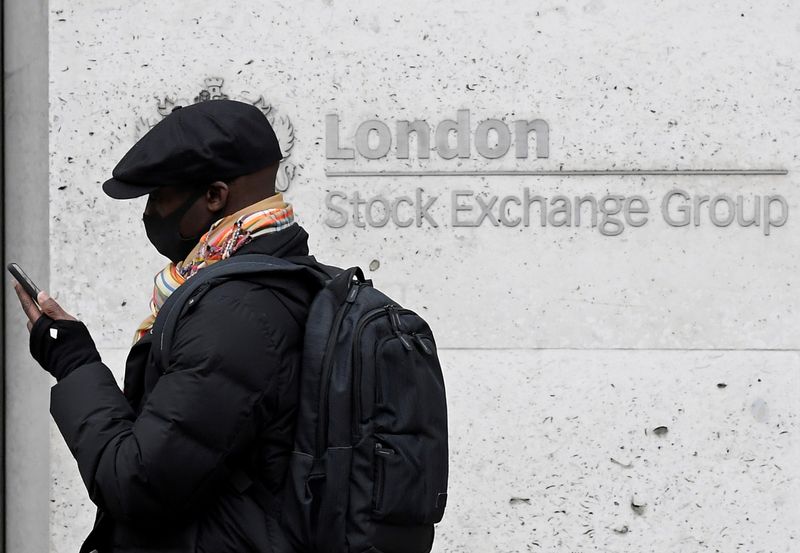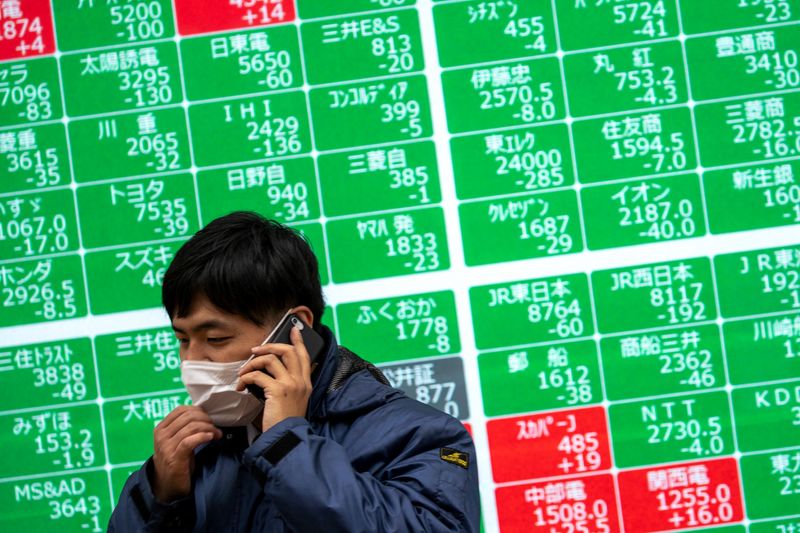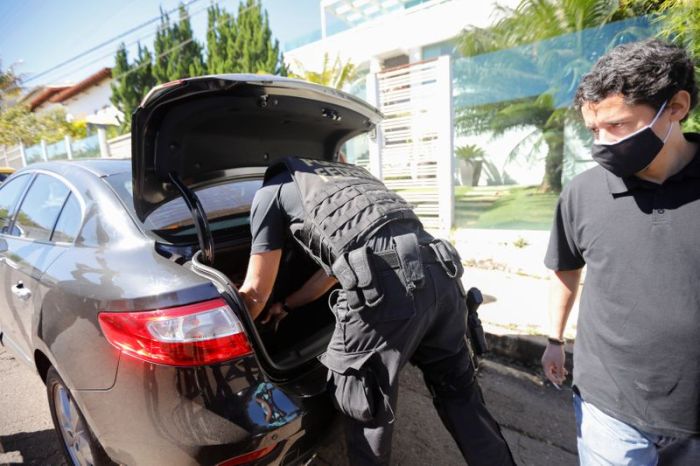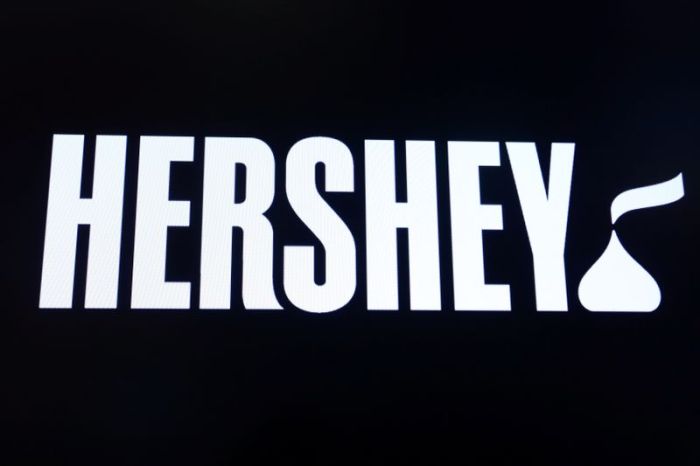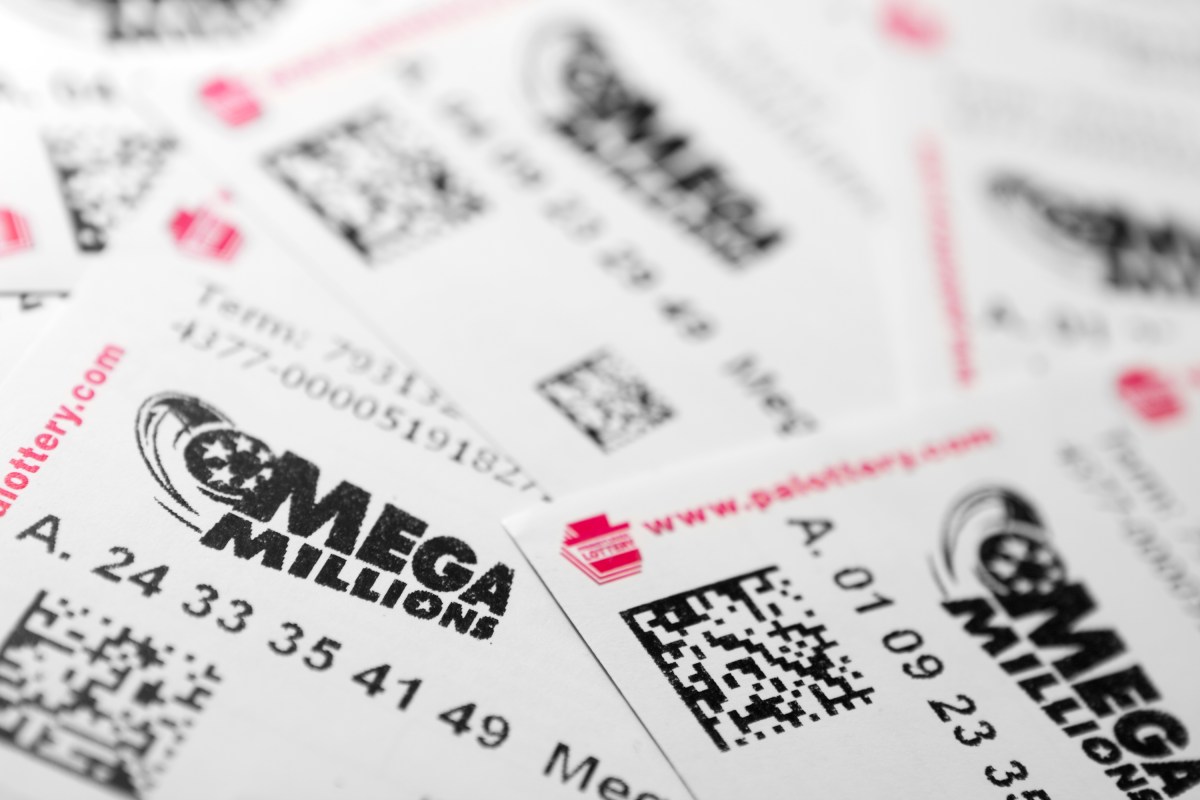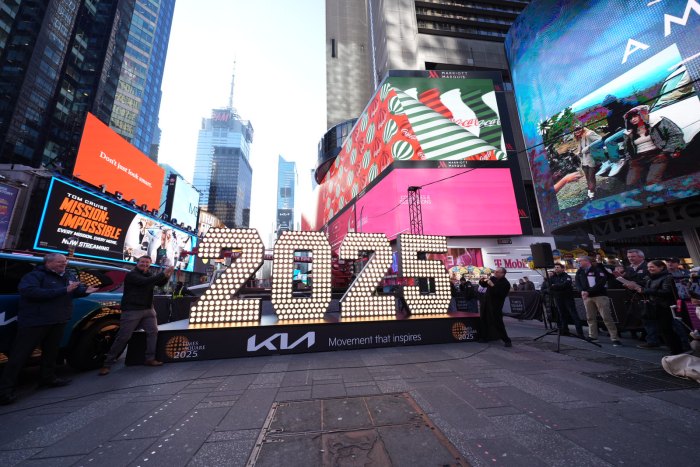NEW YORK (Reuters) – Equity markets rallied on Wednesday, lifted by enthusiasm for the European Union’s plans for a 750 billion euro ($823 billion) recovery fund, but crude prices slid on concerns about unrest in Hong Kong over Beijing’s proposed national security laws.
The euro edged higher against the dollar on the European Commission’s proposed stimulus plan to bolster economies ravaged by the coronavirus pandemic, which boosted risk appetite and reduced demand for safe-haven bonds and gold.
The commission’s plan also includes 1.1 trillion euros for the EU’s next long-term budget that would contribute to the recovery fund that is aimed especially at Italy and Spain.
News of the plan underpinned a broad market rally in Europe as bank stocks, which typically rise or fall on the economic outlook, provided the biggest boost to equities. Euro zone banks <.SX7E> climbed 4.8%, with French lenders BNP Paribas SA <BNPP.PA> and Societe Generale SA <SOGN.PA> leading gains.
The banking sector also performed well on Wall Street. Bank of America <BAC.N> and JP Morgan Chase & Co <JPM.N> led the U.S. banking sector <.SPSY> up 3.31%.
Equities are being driven by large flows of money entering the economy, said David Kelly, chief global strategist at JPMorgan Asset Management.
“You got a huge amount of liquidity with nowhere to go,” Kelly said.
However, the market is assuming more positive economic news than is going to occur this year and well into next, he said.
“We will see a start of a recovery, but it shouldn’t be misinterpreted,” Kelly said. “We’re not going to get back to full employment or even an unemployment rate below 10% any time this year, and maybe it will take most of next year.”
MSCI’s gauge of stocks across the globe <.MIWD00000PUS> gained 1.03%, while the pan-European STOXX 600 index <.STOXX> closed up 0.24%.
On Wall Street, the Dow Jones Industrial Average <.DJI> rose 553.16 points, or 2.21%, to 25,548.27 on rising financials and industrial stocks. The broader S&P 500 <.SPX> gained 44.36 points, or 1.48%, to 3,036.13 and the tech-heavy Nasdaq Composite <.IXIC> added 72.14 points, or 0.77%, to 9,412.36.
Tech heavyweights Amazon.com <AMZN.O>, Microsoft Corp <MSFT.O> and Facebook Inc <FB.O> weighed on the Nasdaq, while healthcare <.SPXHC> and technology stocks <.SPLRCT> weighed on the S&P 500. Technology and healthcare have outperformed during the coronavirus-led market slump.
U.S. Secretary of State Mike Pompeo said he had certified Hong Kong no longer warrants special treatment under U.S. law as it did under British rule, the latest salvo at China’s plans to impose new security legislation on the territory.
President Donald Trump now must decide to end some, all or none of the U.S. economic privileges that Hong Kong enjoys.
Crude prices slid on the news as a resurgent U.S.-Sino stand-off could weigh on global businesses and oil demand, which already has been hit by the coronavirus pandemic. Concerns about the pace of recovery also drew the attention of investors.
U.S. crude <CLc1> settled down 4.48% to $32.81 per barrel and Brent <LCOc1> settled at $34.74, down 3.95% on the day.
The euro has struggled since falling in March, when investors rushed for the safety of dollars. But analysts say the recovery fund proposals, if they can win over EU members skeptical of an earlier Franco-German plan, could push the euro higher.
The dollar index <=USD> was flat, with the euro <EUR=> up 0.16% to $1.0998. The Japanese yen <JPY=> weakened 0.19% versus the greenback at 107.78 per dollar.
MSCI’s ex-Japan Asia-Pacific index <.MIAPJ0000PUS> fell 0.4% overnight as Hong Kong and mainland China shares extended declines. Hong Kong’s Hang Seng <.HSI> fell 1.0% and mainland shares <.CSI300> were down 0.8 amid fears protests would worsen antagonism between the United States and China.
Benchmark 10-year notes <US10YT=RR> fell 2.6 basis points to yield 0.6819%.
(Reporting by Herbert Lash, additional reporting by John McCrank in New York; Editing by Will Dunham, Nick Zieminski and Paul Simao)

